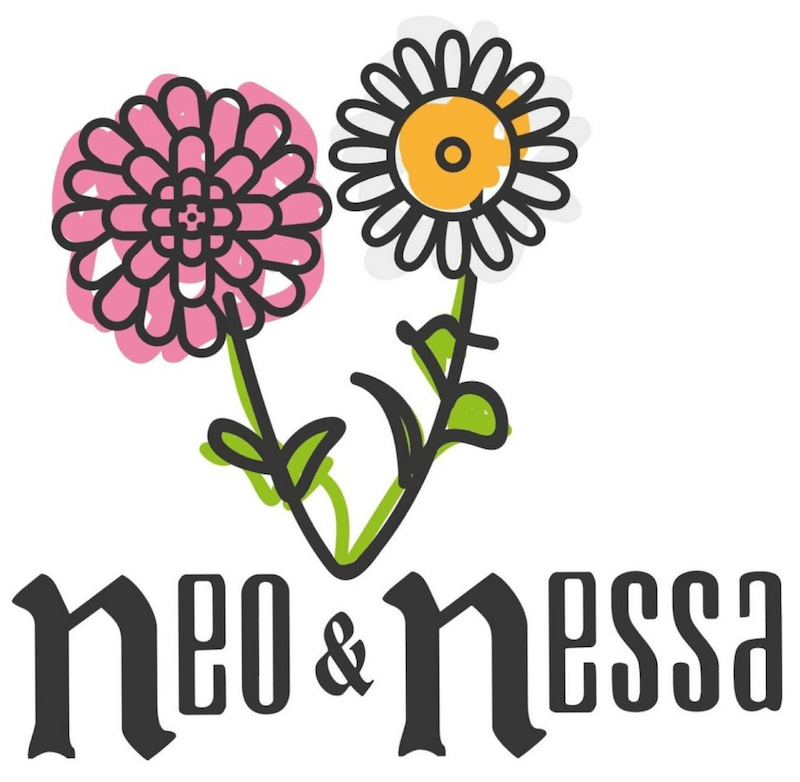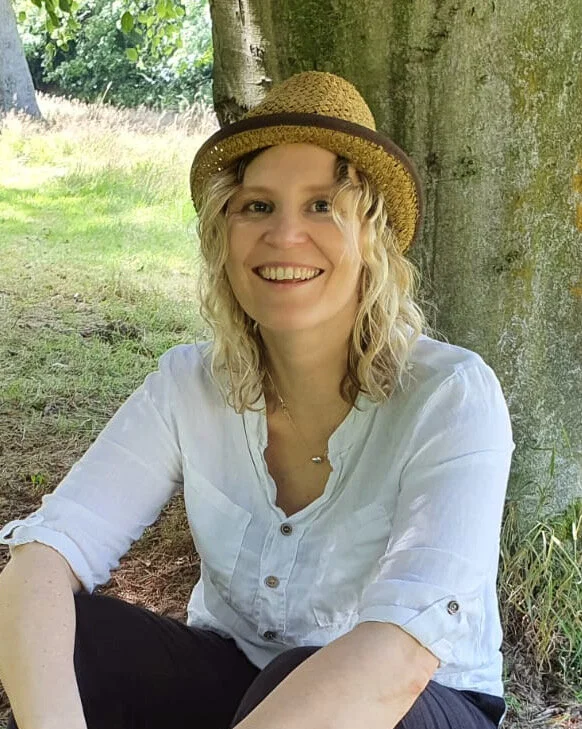The Secret To Being A Calmer More Connected Parent During A Pandemic And Beyond – Free ebook Inside!
This pandemic is asking a lot of everyone, including parents.
We are expected to do the impossible, and although that expectation isn’t new, the demands are greater and unprecedented.
We’ve been expected to home school whilst working from home.
We’ve been expected to manage and contain our child’s worries and anxieties whilst feeling scared ourselves.
We’ve been expected to continue to support our families financially, and emotionally, without our usual supports and in isolation from other people.
We’ve been expected to continue to work in our key worker roles whilst worrying about our own and our family’s health.
So as parents usually do, we’ve got on with it.
Working late into the night after children have gone to sleep, getting up early to begin work before online lesson start.
Going out to work in our key worker roles, whilst feeling guilty about sending our children to school when all other children are safe at home.
Worrying about finances, job security and our businesses, trying to maintain a semblance of normality for our children’s sake.
Coping with illness, and loss without the usual rituals and support that hold us in these times.
Whatever your individual unique circumstances it’s been disorientating, it’s been traumatic, it’s been lonely. And we’ve been juggling all these balls and spinning all these plates whilst ignoring our own basic needs for a full year .
We’ve managed it (just) but at what cost?
We’ve all been operating from our threat systems for a year now, running on adrenaline and cortisol, and it’s leaving its toll. Our threat system evolved to keep us safe in times of danger, but these times of danger were short term threats like escaping an animal attack, not year long pandemics.
What does this do to our bodies and minds?
How this manifests and impacts our bodies and minds is different for everyone, but it’s effects are there and impacting our capacity to parent in the way we want to.
You may be finding yourself losing your patience at you child, or turning into that shouty parent you never wanted to be. You might be feeling guilty or worrying about the impact of this on your relationship with your child.
You might recognise feelings of disconnection from yourself and your family, or a deep mental or bodily exhaustion. You may be familiar with a flatness in your feelings, a lack of motivation, or a numbness. You might be experiencing great rage or persistent anxiety.
And now as we are beginning to see hope on the horizon many of us are only just starting to see what it is we’ve been asked to cope with. What it is we have lost and lived through.
And what of our children?
We are told that our children are resilient, and we are also told children are facing unprecedented mental health challenges. We are told that they have lost a year of education and will never catch up and we are told that we shouldn’t worry too much if our children don’t do their home learning.
No one really knows what the future impact of this time will be on them or us as their parents.
But what is essential right now as we begin to emerge from lockdowns, into the spring and summer is to allow ourselves to grieve, to allow ourselves to move out of threat mode and find ways to sooth our nervous systems. We need to allow our nervous system to rest and to allow our body and mind to heal.
Your child needs you to do this.
Doing this is the biggest gift you can give your child, without a soothed adult nervous system to lean upon our children feel unsafe, dysregulated, and afraid. A child without a soothed nervous system to return to cannot play, learn or explore the world, cannot co-regulate their feelings or connect to an inner sense of safety.
This has to be a priority for us as parents, to find some ways to restabilise and acknowledge what we have been through.
We need to slow down.
Before rushing back out into our old lives and routines, before re-subscribing to all the classes and after school clubs, before taking on extra responsibilities, we need to take stock. We need to mourn the loss of health, life and our dreams of how we thought it would turn out, before we can emerge back into the world. If we jump from threat mode to doing mode without a thought for what our bodies and minds are holding onto from this unprecedented experience we wont get far.
A controlled falling apart might be needed, and a conscious falling apart is preferable to an unexpected falling apart 6 months or 12 months from now. Sadness, grief, anger or confusion are valid emotional responses and although unwelcome or uncomfortable are not some sign of a mental health crisis but evidence of what we’ve been through.
There may be pressure for business as usual, positive thinking and counting our blessings, but this can invalidate our feelings about this trauma. We can begin to feel our struggles are our fault, rather than a normal reaction to an awful experience we’ve lived through. Look out for thoughts about why it’s taking so long to feel better, or get back to normal, or to help your child to feel better, and remember what you’ve been asked to deal with.
In order to sooth our nervous system these feelings need to be listened to, held and attended to, not rushed through. We need our internal caregiver to look after ourselves if we want to be that soothed parent our children need.
They need it now more than ever.
So where can you start?
Approach whatever comes next with great self-compassion and acknowledgment of what you have been through and all that you have achieved for your family.
Commit to resting and soothing your nervous system, know this isn’t a selfish act but an essential gift to give your child.
Notice when your internal project manager is driving you to achieve, and schedule, to abandon yourself and your needs.
Consider what wasn’t working for you pre-pandemic and consider making adjustments. to your lifestyle.
Nurture your internal caregiver and allow it to look after you, apply that same loving gaze and caring words you give to your child to yourself.
Reframe self-care, it’s not all about bubble baths, spa dates, and sitting meditation. Self-care can be moments of connection to your body, to the beauty of the moment, to your partner and even to your child.
Self-care can look like:
• 5 deep breaths
• A pause
• A check in with yourself, and how you are feeling.
• Holding feeling of grief, rage and sadness with compassion or as long as they stay.
• A connected hug with your partner.
• Mindful moment of observing your child’s play.
• 2 minutes of gentle stretching
• Improving the moment, with smells, music etc.
• Self-compassion.
• Saying no.
• Asking for help.
• Ensuring your basic needs are met, at the very least prioritising hydration, food, going to the loo and sleep.
Allowing yourself to process this experience now will allow you to reconnect to that parent you want to be and give you the support you want to give to your child.
Download my free e-book ‘5 Mistakes That Even Gentle Parents Make That Lead To Disconnection With Their Child (And What To Do Instead)’: https://rachel-dunn.newzenler.com/f/5-mistakes-freebie
Dr Rachel Dunn
Bio
I'm Dr Rachel Dunn, I’m a mum of two, a clinical psychologist and a massive believer in the psychological benefits of a good vegan cake.
I help mums to be the parents they always wanted to be, without shouting, or using threats, bribes and punishments. I do this through my online Peaceful Parenting Program and my free Facebook group.
Would we work well together?
If you believe that children are at their best when they feel loved and valued and that there are no naughty children...
If you are on board with the ideas of mindful living, if you have a collection of slings or cloth nappies and still have the stains on the walls from baby led weaning, please get in touch because I know that we will get along great.



